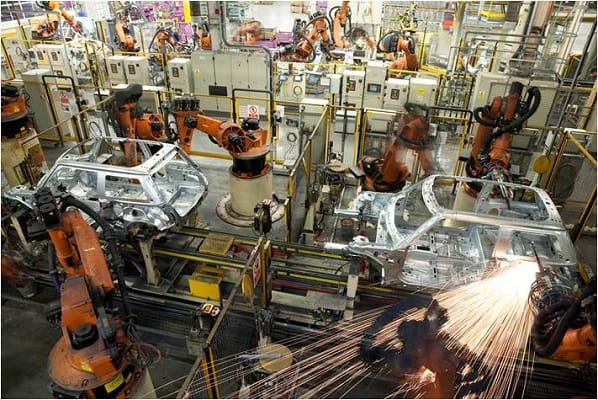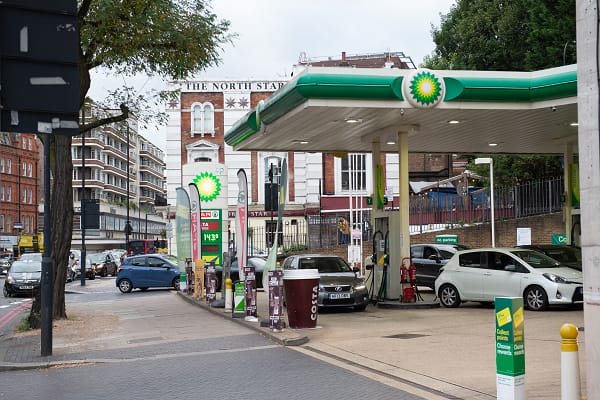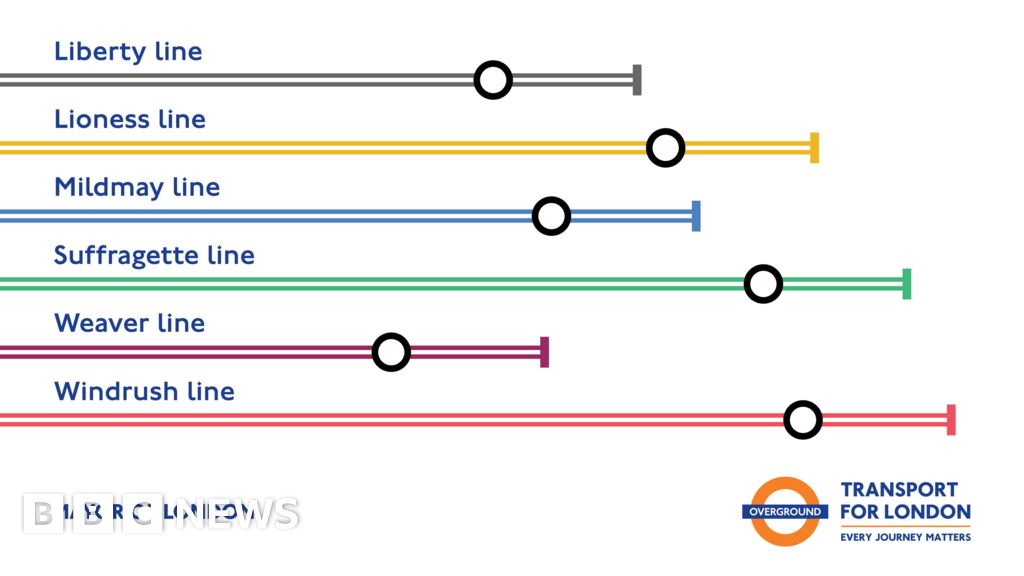Bussiness
What businesses need to understand about navigating the complex world of customs compliance – London Business News | Londonlovesbusiness.com

Customs support Q&A
- What do you see as the biggest challenges businesses are currently facing when trading internationally?
There are several challenges, but they primarily stem from the fear of non-compliance risks, driven by both the volatile global environment and increasingly complex regulatory landscapes.
Another significant issue is the lack of accurate data and visibility in customs operations. Customs handling is inherently data-rich and could be fully automated with the guidance of human expertise. However, the low level of technology adoption keeps many processes paper-heavy and manual, which makes them prone to errors. As a result, customs is often perceived as a ‘blind spot’—complex, risky, and difficult to navigate
We’ve found that many businesses aren’t fully aware of, and thus not prepared for, upcoming sustainability regulations like the Carbon Border Adjustment Mechanism (CBAM) or the EU Deforestation Regulation reporting requirements.
3. Having recently been appointed as CEO, will you follow in the footsteps of your predecessor or will the strategy and objectives of Customs Support change under your leadership?
The past few years the strategy has been to gain scale across Europe, primarily through M&A. Now that we have become the biggest operator in the market servicing 14 countries across Europe, we are balancing our M&A approach with a high organic growth strategy. We are particularly excited in being able to serve goods manufacturers who have multi-country supply chains extending across Europe (and the world), offering a centralized customs Control Tower solution and leading their digital transformation.
4. Customs Support describes itself as a “digital-first” customs company. What does this mean and why is it important?
Timely movement of goods depends a lot on the “data carrying medium”. Digital data is the fastest and least prone to errors, and as our customers transportation systems mature, we aim to match them.
We are investing heavily in CustomsTech solutions and have established ourselves as the leader in the number of declarations, especially processed digitally, each year. This approach goes beyond merely digitizing and automating processes; it encompasses information security, seamless integration with our customers’ IT systems, efficient data management and interchange with 100% accuracy and compliance.
5. Digital transformation can be a long and arduous journey for any business. What challenges has Customs Support had to overcome and what benefits have you secured from the process already?
The primary challenge is that data sits across many data lakes, as we have grown as an organisation, we have had to figure out how to make the compiling of this data as painless as possible for our customers. Because we have the expertise in organising these data flows, either through APIs or our new AI tools, we make it as effortless as possible for customers.
As the saying goes, ‘Data is King’ — but knowing how to leverage it is the key.
We are now able not only process high volumes of data but also enrich, consolidate and analyse it for various reporting and analytical needs. This reduces our customer costs, they avoid costly compliance mistakes and able to make informed decisions.
For example, talking about real benefits, clearing a container of electric vehicles from China typically requires about a week of manual work. Managing it digitally, allows us to do it under a day. But of course, there is a massive set up behind the scenes to achieve such efficiency.
6. As a business what have you learnt from global events such as the Covid-19 pandemic and Brexit? Have they improved your operational resilience and would you say they are actually good for business, given companies need guidance to get around the customs obstacles they create?
Uncertainty and complexity are factors that accumulate exponentially and these big events. What we hear from most of our customers is they are carrying record levels of inventories in their supply chains to buffer against these uncertainties. These complexities do generate opportunities for us as a business. Brexit, sanctions, new regulations, and disruptions are exactly why customers seek our advice.
7. Kier Starmer, the UK’s new Prime Minister, is keen for an EU “reset”. What are your thoughts on the success of this happening and should all UK businesses welcome this move or will there be losers if it goes ahead
There are lots of opposing views and it looks to be a long process. From a customs standpoint less complexity will allow better & faster goods movement. This will reduce overall supply chain costs, and allow Europe to balance port capacities better, for example.
8. What advice would you give to businesses looking to expand internationally, particularly when navigating complex customs requirements?
Do your homework! Customs can be tricky and risky. Customs violations can often pass unnoticed without the right expert support, and can accumulate, ultimately penalizing businesses significantly. On top, legislation continues to evolve quicker than some companies, even big ones, can keep up with.










